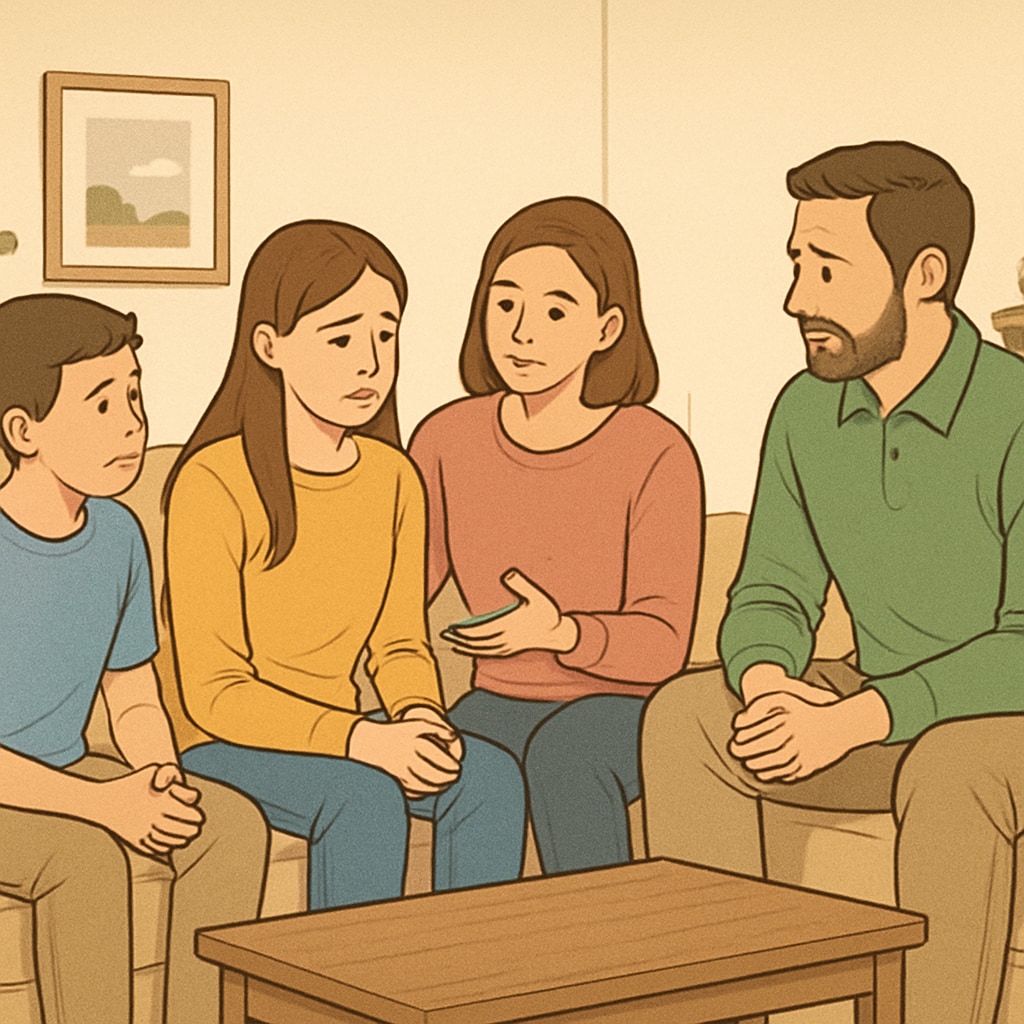Academic challenges and unhealthy lifestyles are common issues facing many teenagers today. These struggles not only affect their academic performance but also impact their overall well-being and future opportunities. By addressing these challenges through interest-based learning, family education adjustments, and comprehensive support systems, parents and educators can help teens rediscover their motivation and develop healthier habits.
Identifying the Root Causes of Academic and Lifestyle Struggles
The first step in helping teens overcome their difficulties is understanding the underlying reasons behind their academic challenges and unhealthy lifestyles. Often, these issues stem from a combination of factors such as low self-esteem, ineffective time management, lack of interest in traditional education, peer pressure, or even mental health struggles like anxiety and depression.
For example, a teenager who struggles with academic performance might feel overwhelmed by unrealistic expectations or lack the tools they need to succeed. Similarly, unhealthy habits, such as poor nutrition or excessive screen time, can exacerbate feelings of lethargy and disinterest.
- Conduct open and empathetic conversations to understand their perspective.
- Work with teachers and counselors to identify specific academic challenges.
- Assess lifestyle factors such as sleep patterns, diet, and daily routines.

Harnessing Interests to Rekindle Motivation
One effective way to motivate struggling teens is by tapping into their personal interests. Many teenagers disengage from learning because they find traditional methods boring or irrelevant. By incorporating their passions—whether it’s sports, art, technology, or music—into their educational journey, parents and educators can make learning more appealing.
For example, a student with a passion for gaming could explore coding or game design as part of their studies, while someone interested in art might benefit from incorporating creative projects into their assignments. These activities not only make learning enjoyable but also enhance critical thinking and problem-solving skills.
- Identify hobbies and interests through casual conversations and observation.
- Connect academic subjects to real-world applications that align with their interests.
- Encourage participation in clubs or extracurricular activities related to their passions.

Building a Supportive Family Environment
Family plays a crucial role in shaping a teenager’s mindset and habits. A supportive and understanding family environment can make a significant difference in helping teens overcome academic and lifestyle struggles. Parents should focus on fostering open communication, setting realistic expectations, and modeling positive behaviors.
For instance, instead of pressuring teens to achieve specific grades, parents can emphasize effort, improvement, and the value of learning itself. Additionally, maintaining a balanced family routine that includes healthy meals, regular exercise, and limited screen time can positively influence their lifestyle choices.
- Encourage open dialogue without judgment or criticism.
- Set achievable goals and celebrate small victories.
- Create a daily routine that promotes physical and mental well-being.
Leveraging External Support Systems
Sometimes, the challenges faced by teenagers require external support. Schools, community organizations, and mental health professionals can provide resources and expertise to help teens navigate their struggles. For example, tutoring services can address academic gaps, while counseling can explore deeper emotional issues contributing to unhealthy behaviors.
Additionally, peer mentorship programs can connect teens with older role models who have successfully overcome similar challenges. This not only provides them with practical advice but also inspires hope and resilience.
- Collaborate with school counselors and teachers to develop personalized strategies.
- Explore community programs that focus on teen development and mental health.
- Consider professional therapy for persistent emotional or behavioral issues.
In conclusion, helping teenagers overcome academic challenges and unhealthy lifestyles requires patience, understanding, and a multi-faceted approach. By addressing the root causes, leveraging their interests, creating a supportive family environment, and utilizing external resources, parents and educators can empower teens to rediscover their motivation and build healthier habits for a brighter future.
Readability guidance: Use clear, actionable strategies in short paragraphs to maintain reader engagement. Incorporate lists for easy comprehension and avoid overly complex language. Ensure transitions between sections for cohesive flow.


